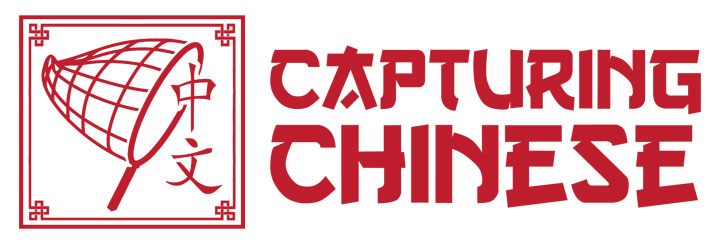Learn Chinese Through Stories - Lin Yutang's My Turn at Quitting Smoking
Last week, Zhou Zuoren inspired us with his great essays and brave personality. Now, we invite you to take a peek on the life of an equally legendary Chinese writer --- Lin Yutang.
Lin Yutang is one of the most influential writers in China. He was both an author and inventor. Lin was born in October 10, 1895 in the province of Banzai, Pinghe, Zhangzhou, Fujian. He loved his small town and drew much inspiration from it. He once mentioned that the perfect example of hell is a city apartment. The mountains deeply influenced his character and upbringing. Lin was next to the last of a Presbyterian minister’s twelve children.
Lin acquired his first bachelor’s degree in Shanghai at St. John’s University. Shortly after graduating, he married Lin TsuiFeng (林翠鳳) and went to Harvard University on a half-scholarship to pursue a master’s degree. During his stay, he devoted most of his time inside the Widener’s library while pursueing his doctorate in Comparative Literature. He left Harvard earlier than planned due to financial constraints and moved to France to teach Chinese laborers to read and write. In 1932, Lin and his wife moved to Germany where he finished his doctorate in Linguistics at the University of Leipzig . He returned as a certified language professor in China and served tenure at Peking National University (1923-1926) and Dean of Women's Normal College (1926).
Perhaps, the most notable contribution of Lin Yutang to China was his translations of selected Chinese literature to English. He brought Chinese classics and introduced them to Western readers. He tried to close the cultural gap between the two countries through his writing prowess. He wrote a total of 35 books in both Chinese and English. Lin Yutang was also an inventor. When most people thought a Chinese typewriter was impossible, Lin proved them wrong. His love of mechanics motivated him to invent the first Chinese typewriter, known as the Ming Kwai typewriter (明快打字机).
His translations became quite popular in the United States. Two of his novels, written in English, helped to bridge the cultural gap between China and the West. They were My Country and My People (1935) and The Importance of Living (1937). Both books were written under the behest of Pearl Buck (Pulitzer Prize Winner, 1932) who is famous for her book, “The Good Earth”. Lin’s first book was a New York Times bestseller. Lin was the first Chinese author to reach the number one spot. He also authored Between Tears and Laughter (1943), The Importance of Understanding (1960), The Chinese Theory of Art (1967), and the novels Moment in Peking (1939) and The Vermillion Gate (1953).
His writing voice was very appealing to the masses. Lin wrote in a humorous yet intelligent tone which was easy for everyone to understand. He quickly gained a widespread audience. He wrote boldly, without inhibitions, and full of substance. He supported the May Fourth Movement and fought for language reform. He wrote rebellious essays against the ruling government. Lin despised government inefficiency and corruption. He encouraged his readers to stand up for themselves and refuse abuse. The public loved him. Lin was their epitome of individual freedom.
His direct criticisms towards General Zhang Zhou, whom he called ‘Dogmeat General’, earned him a spot on the list of target intellectuals. General Zhang chased Lin out of Beijing. Lin’s family fled to Xiamen (厦门) where Lin continued writing with his colleagues. They published a journal focused on societal issues called China Critic. He also produced satirical magazines, The Analects Fortnightly (1932), This Human World (1934) and Cosmic Wind (1936). He remained to be a prolific writer for the next 30 years.
In the 1960s, he wrote a number of novels and revised Chinese texts. Lin structured and published the first Chinese-English dictionary in 1973. Two years later, he penned his Memoirs of an Octagenarian. Due to his exemplary works, he was nominated for the 1975 Nobel Prize in Literature. The rest of his days were spent in Taiwan and in Hong Kong. Lin died of a heart failure in Hong Kong at the age of 80 on March 26, 1976. His remains were buried in Yangmingshan, Taipei, Taiwan.
Lin Yutang's My Turn at Quitting Smoking
